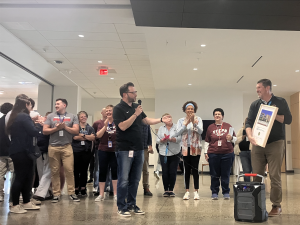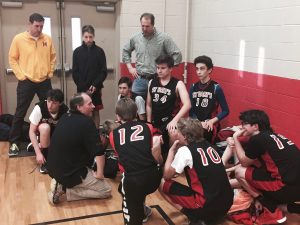Music Dump Friday: Secular Holiday Music
December 3, 2021
As winter beckons, I suspect that The Lasso will be overwrought and overrun with Christmas-themed features. I also suspect that I will be taking part in these festivities, but for the time being, I’d like to put together something altogether different from what you might hear on 97.1 WASH-FM’s Christmas countdown. You can only hear “Santa Baby” so many times before you want to crash your car.
As titled, this Friday’s music dump will be purely nonreligious: no babies in mangers, no silent, no holy nights. Just plain, good old fashioned, cold-weather-goodness. Happy holidays! Here’s my gift to you: https://open.spotify.com/playlist/7nwXsiDEohPlhlDLTe1v99?si=e5ca22c352384189
Songs:
When interpreting equinoxes, we don’t really think of winter as a time of growth. Spring is typically envisioned as birth, summer as youth, and autumn as adulthood or rebirth. So that leaves winter with… what? Death? Well, that’s awfully morbid, but luckily Joni Mitchell has another suggestion. Her outtake, “Urge For Going” (With Strings), from her 1971 hit LP, “Blue”, resigns winter as a call to arms. Although she reflects upon her “ golden summertime”, and wishes to “call [her] back and … have her stay for just another month or so”, she realizes that it’s time to let go of the past. “She’s got the urge for going so I guess she’ll have to go.” The song is awash with the lovely lilting acoustics which can be expected from 1970’s folk-aficionado Mitchell and it manages to be reminiscent without tasting bitter. It’s a farewell to all things warm and a subtle embrace to what will come. It’s giving away to grace instead of painfully holding on to the past. And the strings are a nice touch.
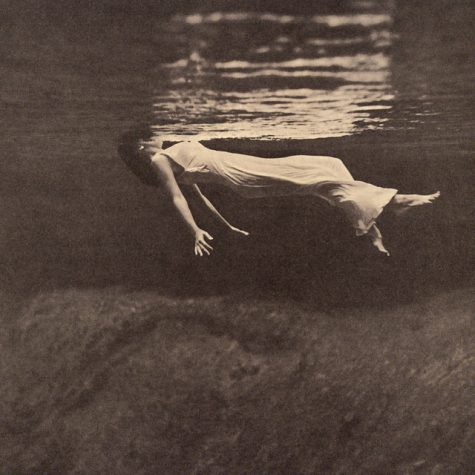
I don’t usually do instrumental tracks, but I’m making an exception for this beauty. “Skating in Central Park” is an evergreen, ambient masterpiece. Released in 1962 on Bill Evans’ LP, “Undercurrent”, and featuring acclaimed harmonic guitarist, Jim Hall, the song has truly stood the test of time. Listening to it brings back memories of shivering in front of a blooming fireplace, kneading cookie dough on a snow day, and of course: ice skating with my friends as soon as it gets cold enough. For those who are either scared or bored by instrumentals, give “Skating Central Park” a try. It’s entirely listenable, the rhythm guitar/bass and piano duet magnificently, and it just sounds… clean. It’s trimmed of excess flair and flash, and we’re left with a sophisticated, understated, winter masterpiece.
Leonard Cohen: romantic poet, novelist, mutual admirer of Bob Dylan, pseudo-womanizer, appreciator of hotels, biblical figure in Montréal, I could go on. What I’m trying to say is that he was an incredibly complicated, multifaceted man. I don’t claim to understand much of what he sang about, but I think I’m catching on to his song “Winter Lady”. The track off Cohen’s 1967 record, “Songs of Leonard Cohen”, describes a quiet, transient woman moving through his love life. He says that he’s “just a station on [her] way” to her final destination and pleads for her to “stay a while… until the night is over”. He attempts to capture the illusory in a way that he knows is impossible, yet nevertheless, he endeavors. Like trying to catch a moonbeam in his hands, his efforts in love, in life, and in the past are beyond the realm of possibility. “Winter Lady” is about wanting something even though you cannot have it and thus, wanting it all the more. It’s bleak yet beautiful in its vulnerability, reminding me of the later months of winter which turn frigid and stark.
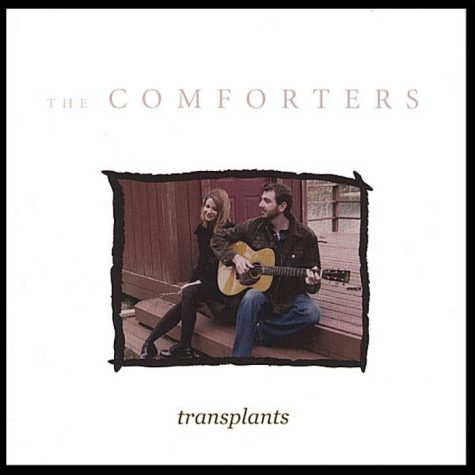
I came to know the band The Comforters through a British teen drama series called “Skins” (UK – don’t watch it) which played their one-hit (if you can call 25 thousand listens on Spotify a ‘hit’) wonder “Saturday Night”. I searched relentlessly for the episode which I first heard it from for, no lie, over 20 minutes. I was left with no reply and only more questions. Was this song ever even on “Skins” (UK)? Did I make this whole thing up? Why did I even watch this show in the first place (it was grossly problematic and I hated almost every character and every line which came out of their mouths)? Finally, after going through all five stages of grief, I decided to call it quits and to just enjoy their music, regardless of its murky origins. As I listened to their 2006 record, “Transplants” (which features “Saturday Night”), I came across the song “Young Republicans”. It’s a funny, sort of vinegary ballad about returning to your small hometown during the holidays. It sings of loneliness, helplessness, and bad habits which rebound when you find yourself back home and surrounded by people who share different worldviews from your own. For anyone who finds holiday dinners with extended family awkward or infuriating, you might connect with this tune. Or maybe I’m just projecting.
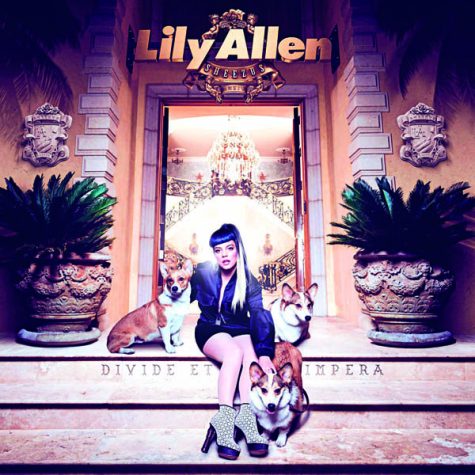
I have always been of the opinion that Lily Allen is criminally underrated. I say that about basically everyone, so you probably shouldn’t take my word for it. But seriously – “Sheezus” is King. When I say “Sheezus”, of course I’m referring to British bad-girl-chanteuse, Lily Allen’s, 2014 hit pop/EDM/piano ballad record. After an oddly-placed, second to last track “Interlude”, there lies the gem of the album: “Somewhere Only We Know”. I remember watching the music video on my mom’s massive Microsoft player: a beautifully crafted, old-world animation set in a winter wonderland. A great, lumbering grizzly bear and eggnog-colored hare (they’re best friends, obviously) trek through the fluttering snow as Lily Allen’s soulful, bounding piano weaves in and out of earshot. It’s a resonant display of Allen’s range and her delicate, youthful falsetto pairs beautifully with the sweet, child-like wonder which the music video captures. It’s a song as familiar as Norah Jones and other radio-pop crooners of the like. As Lily Allen sings, once you hear it, “you’ll know it like the back of your hand”.






